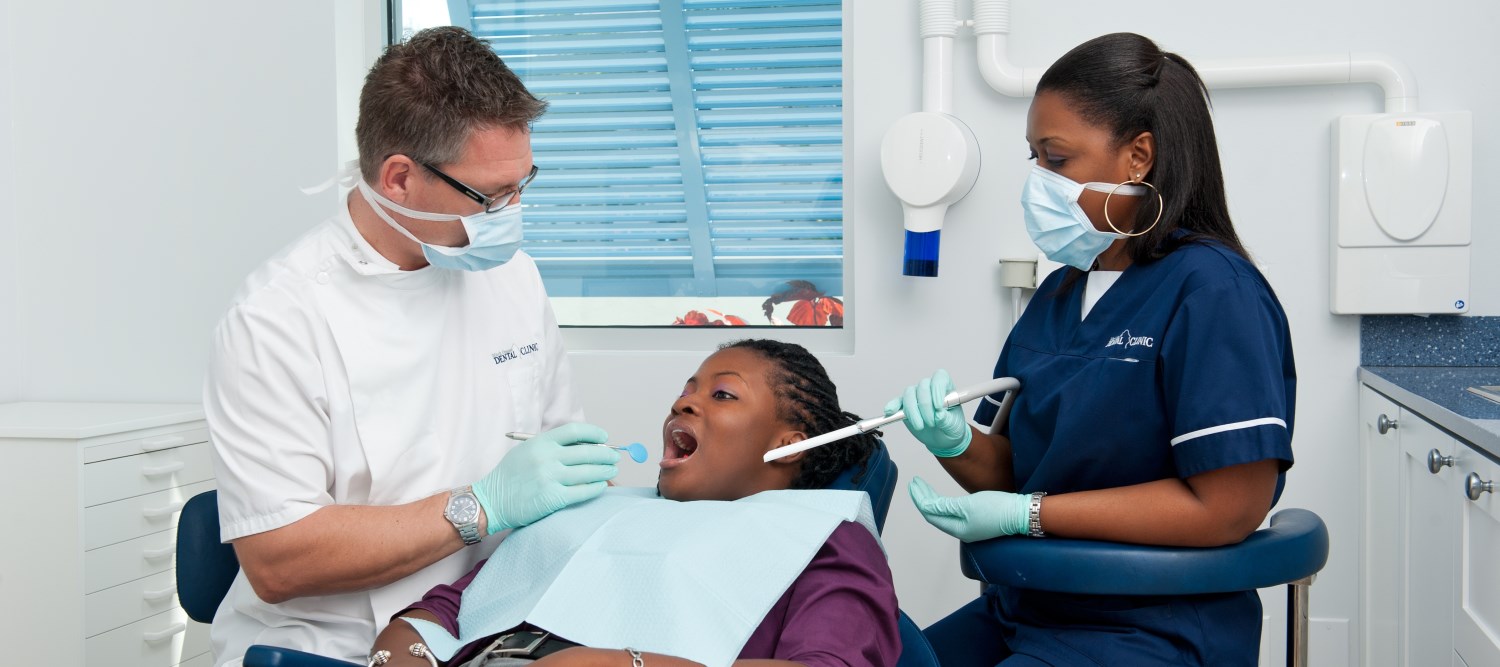
Dr Mark is qualified and experienced in endodontic treatment and performs all his root canal treatments himself. In line with the international standards for endodontic treatment, at Mark Osmond Dental Clinic a new set of endodontic instruments is used for each individual patient. These instruments will then be stored under your name and reserved for your future use only. This mandate was put in place to reduce the risk of prion contamination and the chance of instruments breaking when in use.
When is a root canal treatment performed?
Root Canal treatment is performed to repair and save a tooth that is badly damaged either due to infection or due to trauma. If a tooth is infected it is usually due to untreated dental decay which has eroded the enamel and dentine through to the root canal. Signs of pulp damage may include pain, prolonged sensitivity to heat or cold, discoloration of the tooth, swelling, tenderness of the gums or a bad taste in the mouth. However there may be no symptoms at all.
 What happens during treatment?
What happens during treatment?
During a root canal procedure, the infected nerve and pulp are removed and the inside of the tooth is cleaned and sealed with a temporary filling. This is done using a local anesthetic so the patient will feel no pain. The patient then returns for a second appointment, generally about 1-2 weeks after, during which the tooth is inspected and if all is well a permanent filling is placed. This involves cleaning and measuring the root canal and the filling material is placed to seal the apex of the root and fill the entire root canal. Without treatment, the tissue surrounding the tooth will become infected, swollen and painful and an abscess may form. This in turn can destroy bone and ultimately the tooth will be lost.
After a successful root canal treatment a tooth is no longer vital (alive) which means its sensory function- ability to react to hot or cold- is lost (although there are still nerves in the periodontal ligament supporting the tooth.) However the presence or absence of a nerve will not affect the day-to-day functioning of the tooth and you should continue to clean and floss the tooth as normal. It is often the case that a root filled tooth will be crowned to protect the tooth from fracture, as root filled teeth become more brittle after treatment.